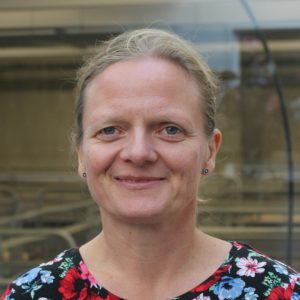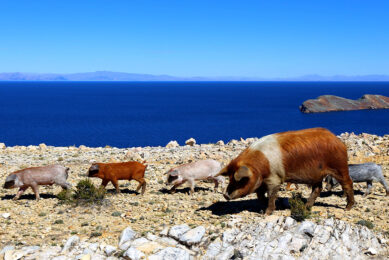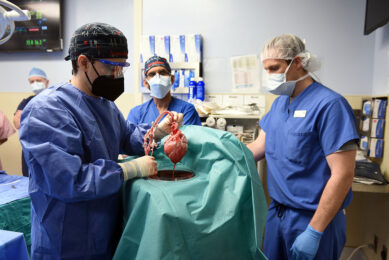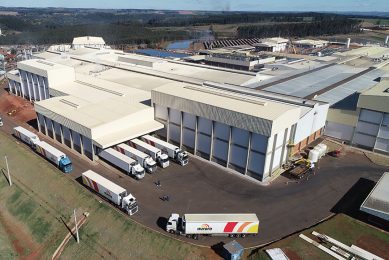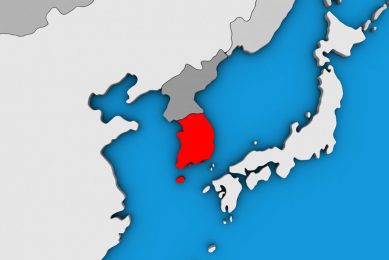A big ‘THANKS’ to all inspiring people in the pig sector
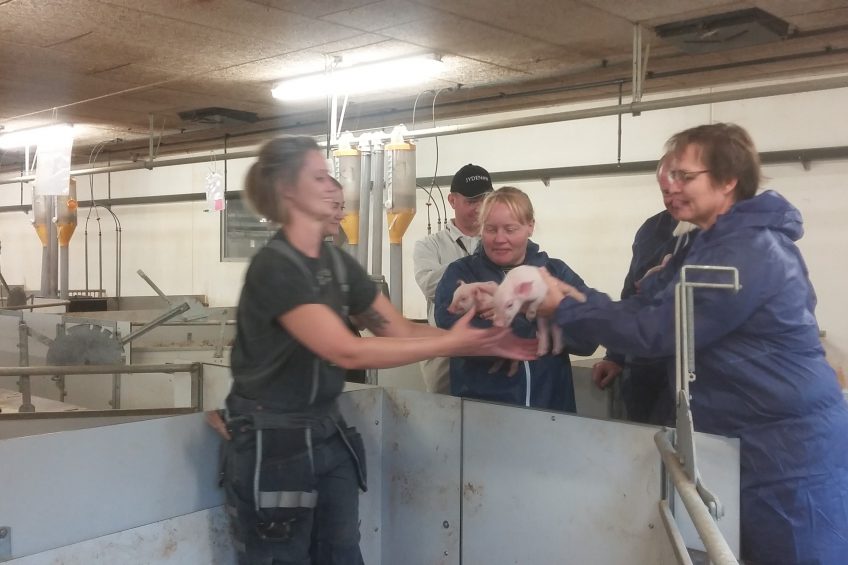
In difficult times, what the swine business in Denmark and outside needs are people who choose to inspire. Housing and welfare expert Vivi Aarestrup Moustsen feels grateful to Sanne and Ole Mathiasen and to Karen Hækkerup, who each in their own way, are frontrunners in swine production. She explains why and how.
In their everyday life, farmers are challenged by drought, Brexit, rules and regulations, to low income and/or to high costs – and their values in life are questioned by non-governmental organisa-tions (NGOs), vegans and society. And yet they stand up – and open their doors – proud of their production and ready to invite guests with a genuine interest into their ‘homes’.
Open Farm Day in Denmark
The 3rd Sunday in September is ‘Open Farm Day’ in Denmark. Across the country, farms open their doors and invite everyone to see their production of milk, pigs, beef, vegetables, fruit, mink, crops, chicken and eggs. This year, 73,363 visited the farms.
I spent my 3rd Sunday in September at Nørregaard Farm, owned by Sanne and Ole Mathiasen and had a fantastic day. ‘All’ visitors to this farm went through the sow herd – or at least 700-800 children and adults came through. They washed and disinfected hands, took off their footwear, put on a suit, placed their mobile in a plastic bag, put clean boots on and went on a guided tour round the stables.
Why do you have to change footwear?
Some asked why they had to change footwear and why we were so focused on the hygiene – and when told, that it was because we cared about the pigs, and didn’t wanted the pigs to be exposed to any disease that could be brought in, they understood and followed instructions.

On the guided tour they met the boars Wagn and Putin, and saw the mating facilities where the sows are loose. They noticed how calm the loose gestating sows were and how they rested close to one another; sometimes lying with the head or leg over another sow – even though there was plenty of space in the pens. They were introduced to special pens for sows bullied by their penmates with resulting injuries.
Loose farrowing sows at Nørregaard Farm
Next stop was the farrowing unit, which was popular too. In there, sows are also loose at Nørregaard – and the caretakers stood in a pen with a sow and lifted a piglet for the visitors to stroke and hold. The tour ended by going through the weaners section where they noticed a different level of odour but also curious, friendly pigs.

What is swine farming in Denmark like? Check out the analysis in our Country Focus Tool
At the end of the day, we only had happy visitors who had had a good experience seeing pigs in real life at a commercial farm. Thanks to Sanne and Ole for making this possible! Their engagement and open minded spirit, their interest in their pig production, the choices they made when they build their production systems – is a role model for the industry.
Why working with pigs is a pleasure
Of course, Nørregaard is ‘just’ one farm, but they have plenty of colleagues – and because they are like they are, it’s a pleasure working for the industry. And I’m not the only one thinking so. The energy amongst farmers attracts and inspires many people to work in other parts of the industry, so keep up the good spirit – farmers.
Feeling the energy of farmers
One person who has felt the energy of farmers and ‘spillover’ effect it has on people working in the industry is the CEO of the Danish Agriculture and Food Council (DAFC), Karen Hækkerup – or soon to be former CEO. Before she joined DAFC, she was in parliament and in government. She had served in a number of Labour governments as minister for social affairs, minister for agriculture, food and fisheries and minister for justice.
In her farewell to DAFC, Karen Hækkerup highlighted the feeling of responsibility she has met amongst the elected and the members of DAFC, and how this is incorporated in the values of the organisation and a natural part of everyday life of all employees.
Why Danish pig producers can be proud
Now what made her so special? She articulated the values of farming, the many reasons the Danish farmers have to be proud of their production, the potential for adding value to products, to gaze at the horizon and look for opportunities. Yes, there are challenges, and they must be met and dealt with, but there are also so many positive elements – like Open Farm Day, continuously improving welfare and sustainability and last but not least staying competitive in a global market.

All the best, Karen, you have made a difference for Danish agriculture! Your engagement – which also comes from the engagement of farmers like Sanne and Ole – makes a big difference. There are so many reasons to be happy when involved in farming, and when you thrive with what you are doing, you do a better job – so also the outcome of your work increase.
Motivation makes a difference. Make sure the employees and your colleagues know that they are very valuable!


